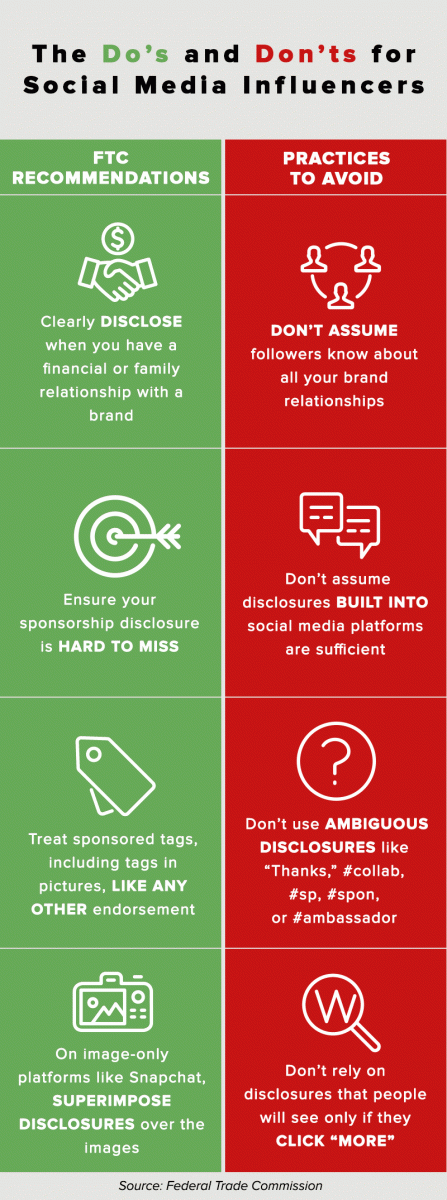Dealers Beware of the Pitfalls of Online Marketing
05.30.19
Most dealers know that advertising must comply with certain state and federal rules, and some dealers regularly hire counsel to review a proposed print ad for compliance. But there is an important aspect of dealer advertising that has not received sufficient attention from many dealers — social media marketing.
In 2009, the FTC published rules providing guidance on the use of personal endorsements and testimonials in advertising. The FTC addressed the application of those rules to online advertisements in a 2013 guidance document that has become known as the “Dot Com Disclosures.” In a statement accompanying the release of Dot Com Disclosures, the FTC emphasized that “consumer protection laws apply equally to marketers across all mediums, whether delivered on a desktop computer, a mobile device, or more traditional media such as television, radio, or print.” And the FTC has become even more focused on the topic in recent years. In April 2017, for example, the FTC sent out more than 90 letters to top influencers and marketers on the social media platform Instagram, highlighting that federal law requires them to disclose their brand relationships clearly and conspicuously in their posts.
Automobile dealers have been named as defendants in FTC enforcement actions involving alleged deceptive or misleading online advertising. For example, the FTC sued a dealer group in California, arguing (among other things) that the dealer group violated federal law by encouraging employees and affiliates to post favorable reviews on consumer websites without disclosing their material relationship to the dealer group. The case resulted in a stipulated order and settlement with substantial fines paid to the FTC.
In a September 2017 blog post, the FTC highlighted four important rules to remember:
- Clearly disclose when you have a financial or family relationship with a brand.
- Don’t assume that using a platform’s disclosure tool is enough.
- Avoid ambiguous disclosures like #thanks, #collab, #sp, #spon, or #ambassador.
- Don’t rely on a disclosure placed after a CLICK MORE link or in another easy-to-miss location.
And the FTC put out this list of simple “dos” and “don’ts”—

If your dealership engages in marketing on social media, including Facebook, Instagram, or Twitter, or participates in online review forums, it is important to comply with state and federal consumer protection laws. Dealers should consult with an attorney familiar with those laws to review the dealership’s online activities and identify points of concern and potential solutions.
The information provided is for general informational purposes only. This post is not updated to account for changes in the law and should not be considered tax or legal advice. This article is not intended to create an attorney-client relationship. You should consult with legal and/or financial advisors for legal and tax advice tailored to your specific circumstances.
